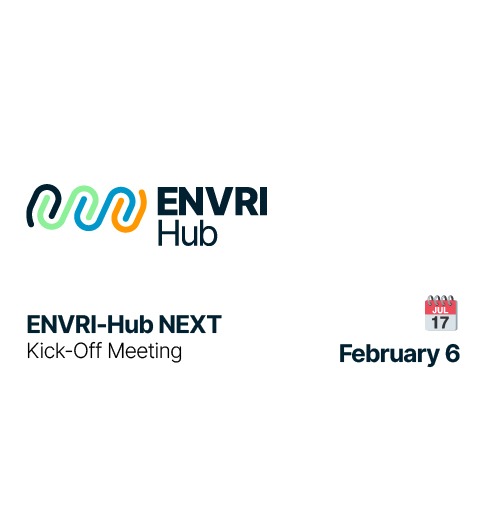
Amsterdam, The Netherlands, 6-8 February 2024
From Tuesday, 6 February 2024 to Thursday, 8 February 2024, EGI (consortium leader) is hosting the kick-off meeting of the Horizon Europe Project ENVRI-Hub NEXT.
ENVRI-Hub NEXT involves 21 European partners and builds on the legacy of the three previous European projects (ENVRI, ENVRI-PLUS and ENVRI-FAIR) bringing together a community of Environmental Research Infrastructures, projects, networks and other diverse stakeholders interested in environmental Research Infrastructure matters.
The overarching goal of ENVRI-Hub NEXT is to create a robust conceptual and technical framework that will empower the ENVRI Science Cluster to provide interdisciplinary science-based services. These services will support climate change research, including the development of mitigation and adaptation measures and strategies and the assessment of the climate change risks. Through this framework, ENVRI-Hub NEXT will facilitate the integration of the environmental sciences community into the European Open Science Cloud, guided by the science-based framework of Essential Climate Variables. In direct answer to the Call Topic, ENVRI-Hub NEXT strives to expand the frontiers of multidisciplinary environmental sciences by fostering operational synergies between environmental research infrastructures and developing and utilising complementarities in their data and services provision. The joint forces of ENVRI and e-infrastructures allow for the integration of cutting-edge information technology, alignment with the EOSC architecture, and efficient resource allocation for the advancement of a more integrated, productive, and globally competitive ENVRI Science Cluster.